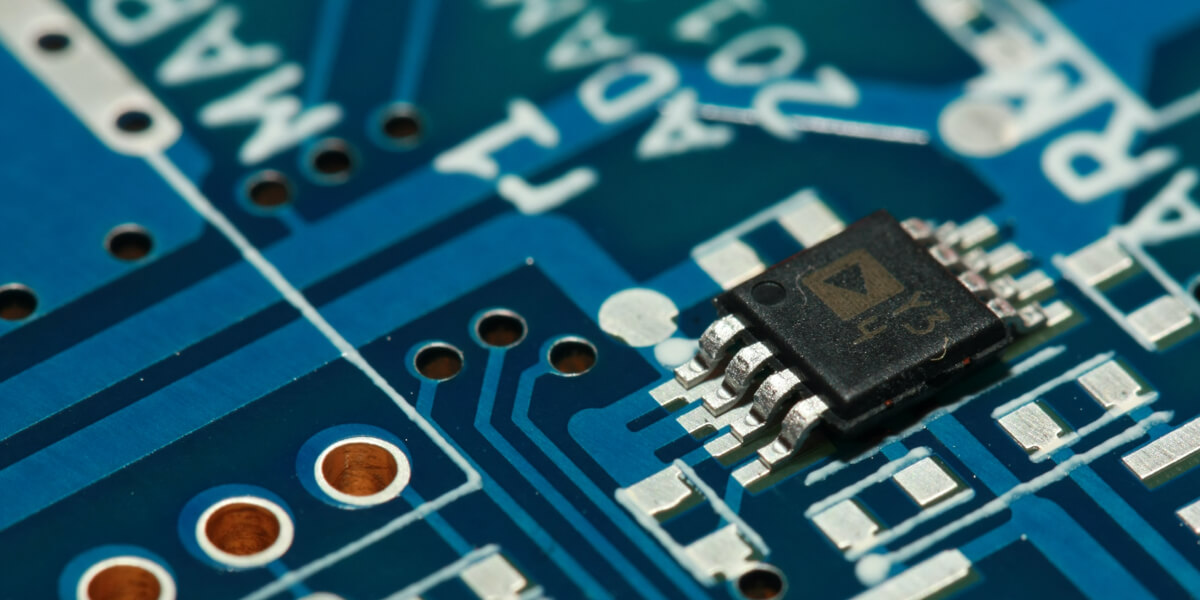

Issue 64 is here during the quieter season of the year. I’m sure you are as happy as me to get these week links to read. Enjoy your week embedded systems aficionados!
PS: We received some interesting inputs after the the issue #63 introduction on job offers. I’m working on something that I hope you’ll like. Stay tune!
Hardware
An isolated analog input for Arduino
The signals from field sensors can be affected by noise generated by power surges, lightning strikes or other EMI (Electromagnetic Interference) sources and also by ground potential differences. One method to avoid most of these problems is to use a complete isolation from the field.
Space Invaders FPGA Game
Who said Verilog is not a language that can be used to make fun things?
Software
Add unit tests to your current project with Ceedling
You want to try unit testing your embedded software but there’s a problem – you’ve got an existing project and a whole lot of code already written. Maybe it’s even embedded legacy code. You can build, load and run your application just fine from your IDE. But where do the tests go and how do you run them? And what does it mean for your existing project? Well, it turns out that you can add Ceedling to your project and run it independently from your IDE and release build. And by the way you can find the Ceedling code repository there
Writing kernels that boot with Qemu and Grub - a tutorial
zForth: tiny, embeddable, flexible, compact Forth scripting language for embedded systems
zForth is yet another Forth, but with some special features not found in most other forths. Note that zForth was written for engineers, not for language purists or Forth aficionados. Its main intention is to be a lightweight scripting language for extending embedded applications on small microprocessors. It is not particularly fast, but should be easy to integrate on any platform with a few kB’s of ROM and RAM.
Micro-Virtualization Memory Tracing to Detect and Prevent Spraying Attacks
Presentation of Graffiti, an efficient hypervisorbased memory analysis framework for the detection and prevention of spraying attacks.
Misc
An open source 3D Scanner made with Raspberry Pi
By making use Raspberry Pi, they created an easy to build 3D scanner to be used for the acquisition of three-dimensional models via a video camera and a laser
Making Microchips at Home - Cooking with Jeri
In this video, Jeri Ellsworth shows how to cleave wafers, remove native oxide, test the dopant type with a hot probe test and loading the furnace.
Mumai: Use the power of your muscles to interact with the world
Mumai is an open-source muscle-machine interface that connects your body to any kind of electronic or mechanic device through the myoelectric (EMG) signals generated by your muscles.
